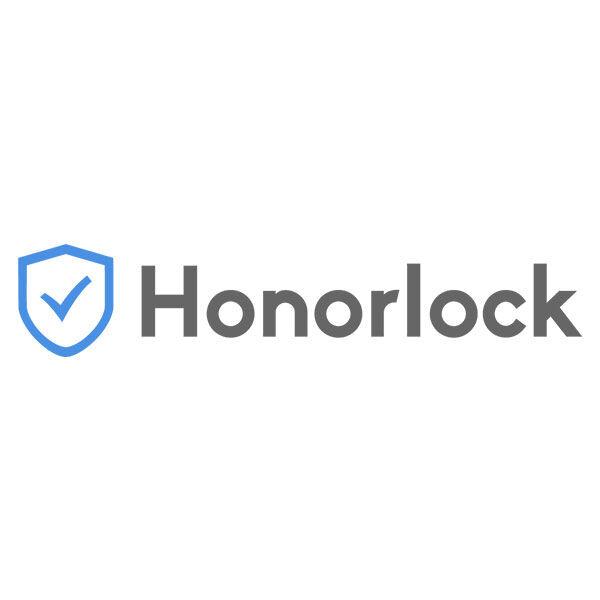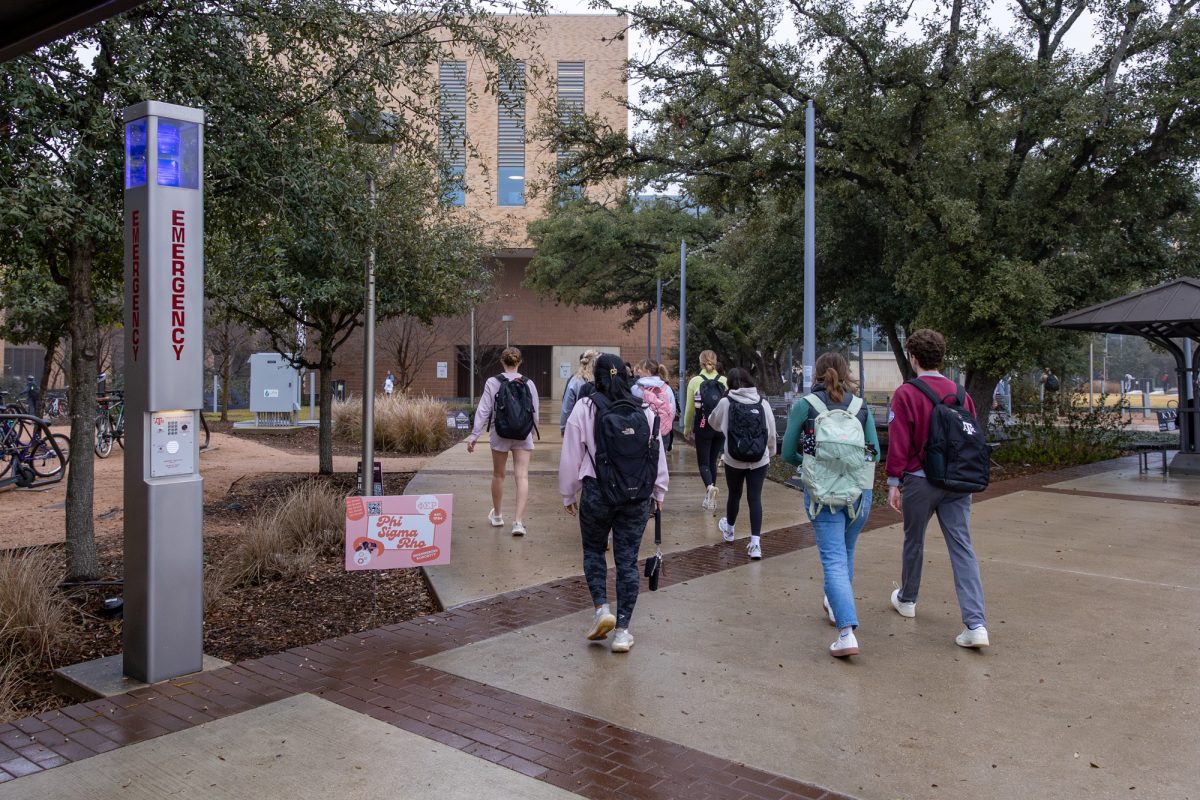The widespread shift to remote learning in light of the you-know-what has resulted in a drastic increase in cheating. ProctorU, one of the largest and most established online proctoring services, found the proportion of exams flagged for cheating increased by more than seven percent compared to pre-April numbers.
In response to trends like these, Texas A&M introduced a new proctoring service, Honorlock, as an option for instructors. This move was not well-received by the student body. Conspiracy theories began to run rampant on Aggie subreddits, alleging that Honorlock was a form of spyware or tied to a mysterious data analytics operation. A petition requesting A&M immediately cut ties with Honorlock disseminated rapidly around campus, garnering 9,400 signatures as of Sept. 20. The reviews on Google for Honorlock are, shall we say, colorful.
An Aggie does not lie, cheat or steal, nor tolerate those who do. A&M has a moral responsibility to curb cheating, and administrators are right to being proactive in taking steps to restore academic honesty. However, there are legitimate privacy concerns with Honorlock that remain unexplained. Moreover, the process of implementing Honorlock could have been much more transparent.
Experts and university administrators have since debunked most of the conspiracy theories. Still, there’s no denying that the implementation of Honorlock raises legitimate privacy concerns. Before the test even begins, Honorlock requires that students make a massive amount of information available. This can include a live photo; university or state identification; and a 360 degree scan of the room in which the student is taking the exam. Once the exam begins, Honorlock will collect surrounding audio, a webcam video of the test-taker and all desktop activity. Honorlock retains student data for up to twelve months before deletion.
None of the above procedures are unique to Honorlock, as they are standard features of online proctoring services. However, what does distinguish Honorlock from companies like ProctorU(which uses government-level security for student information) and Proctorio (which deletes student information almost immediately) is the vagueness of Honorlock’s privacy statement. Instead of explaining precisely how Honorlock protects student data, Honorlock throws buzzwords like “encryption” around without adequate context. It also hides behind Google Chrome’s security features and claims FERPA compliance without explicit proof. To the dismay of conspiracy theorists, the vagueness is almost certainly not nefariously-motivated. Though tinfoil hats may not be necessary, the lack of transparency does leave ample room for speculation. And with that kind of speculation, often comes fear and chaos.
This lack of transparency cannot be fully blamed on Honorlock as A&M missed plenty of opportunities to be transparent as well. On Sept. 16, the Provost Carol Fierke did the student body a great service by clearing up Honorlock-related misconceptions before the Student Senate. But transparency should have come much earlier. While the hunt for new proctoring software was a reaction to an epidemic of cheating, requisitioning aid from the Student Government Association or other student groups would have preemptively mitigated the student body’s concerns. Instead, administrators notified students of the implementation of Honorlock only a few days before the process began.
Although understandable in light of you-know-what, the Honorlock crisis is out of character for A&M. Administration is normally very open about what information they collect and how they use that information. When students register for classes each semester, and (maybe) read their syllabi, it is evident what personal information they are and are not sacrificing. The introduction of Honorlock, on the other hand, was in the midst of an already chaotic semester. Students never had an opportunity to voice their concerns or consent to the use of Honorlock based on their syllabi. If A&M introduced Honorlock prior to the spring semester students would have had more agency to decide how comfortable they were using the software. In the meantime, A&M could maintain the use of current proctoring services, or encourage professors to forgo proctored testing in favor of other forms of student assessment.
The uncertainty surrounding the you-know-what does not mean A&M should sit idly and allow students to cheat. Aggies are to uphold the Aggie core values and the Aggie Code of Honor to the utmost extent no matter the circumstances. However, instituting Honorlock is not the right way to do so, especially not like this and not right now.
Garion Frankel is a university studies junior and opinion writer for The Battalion.










